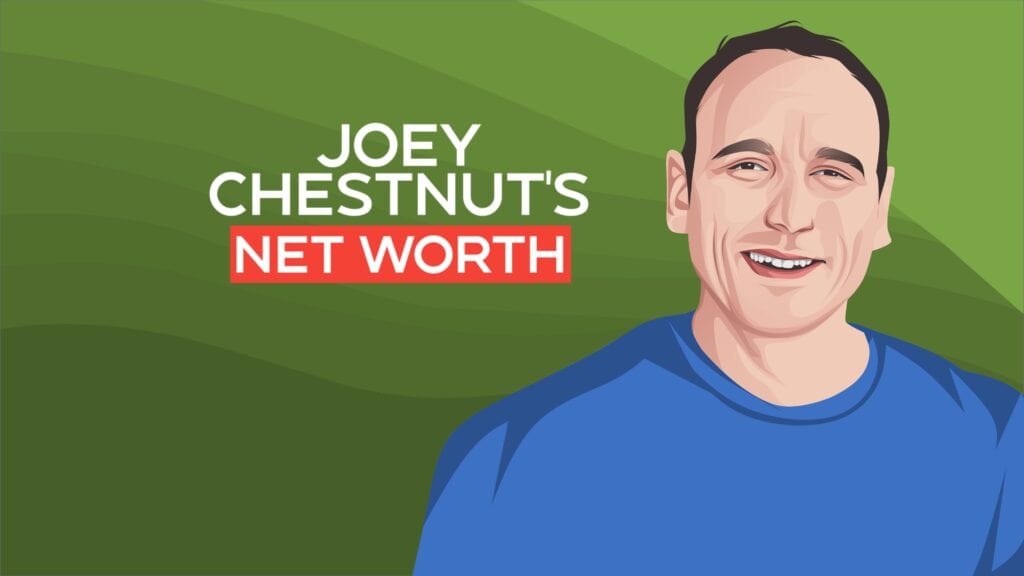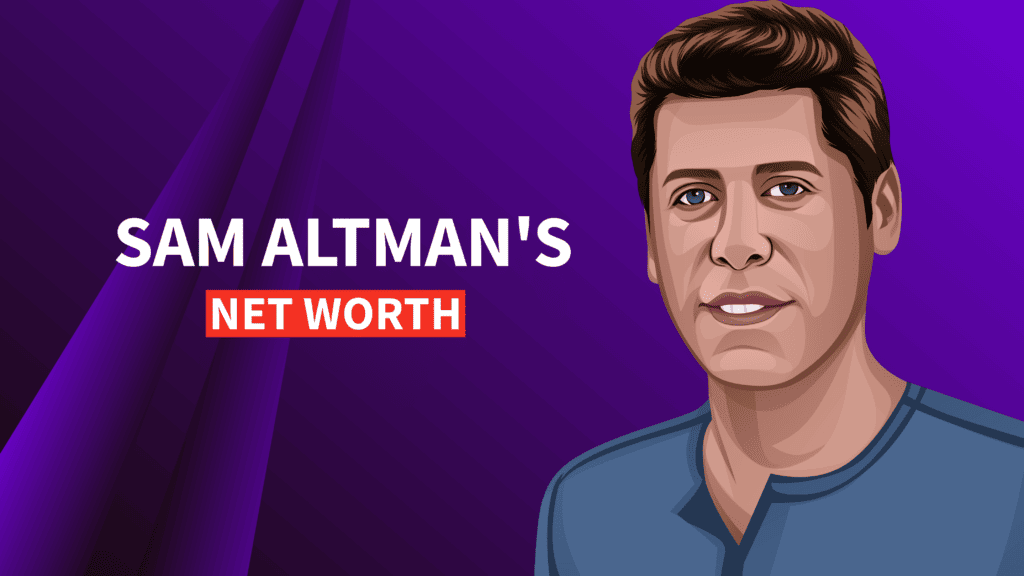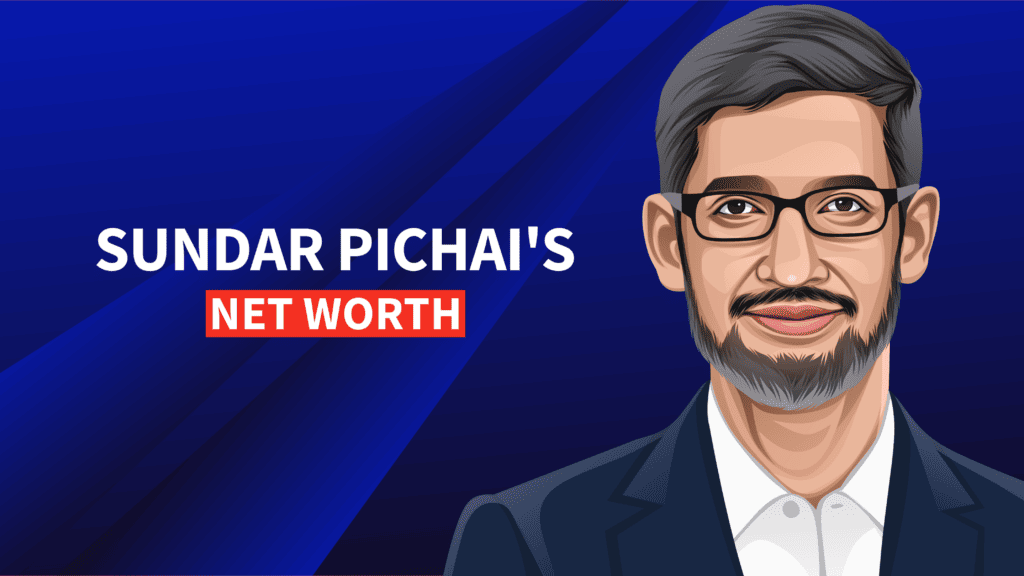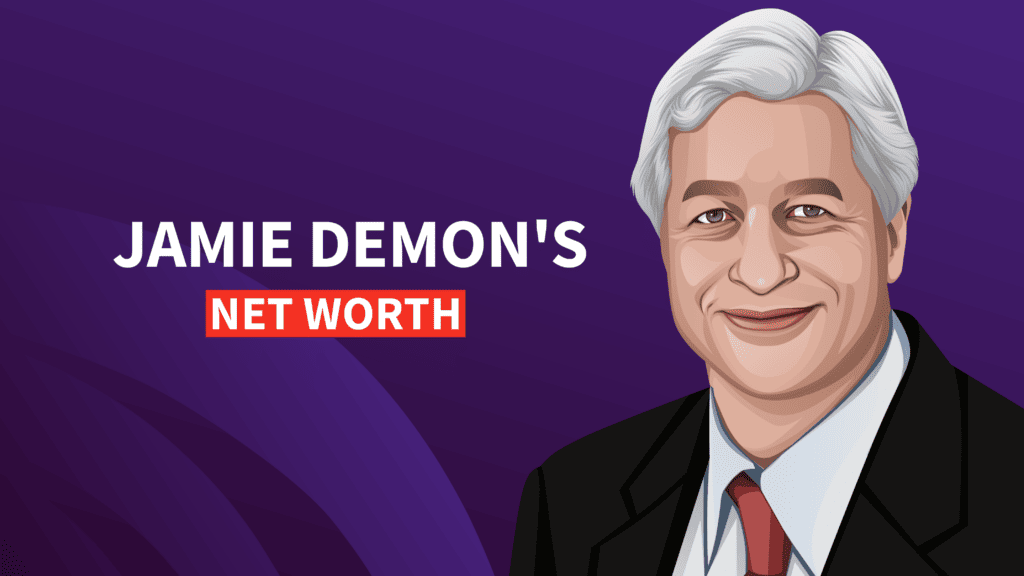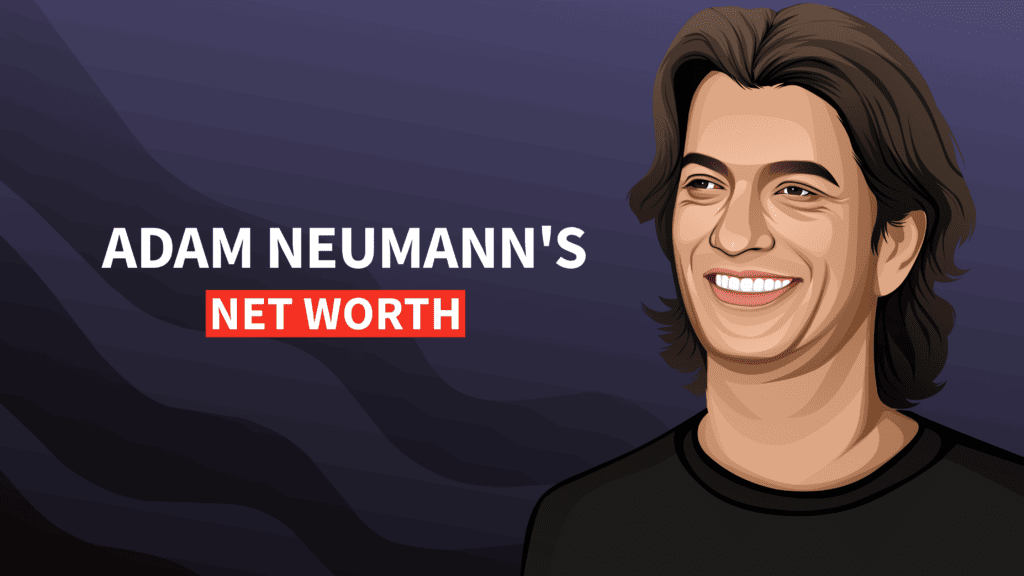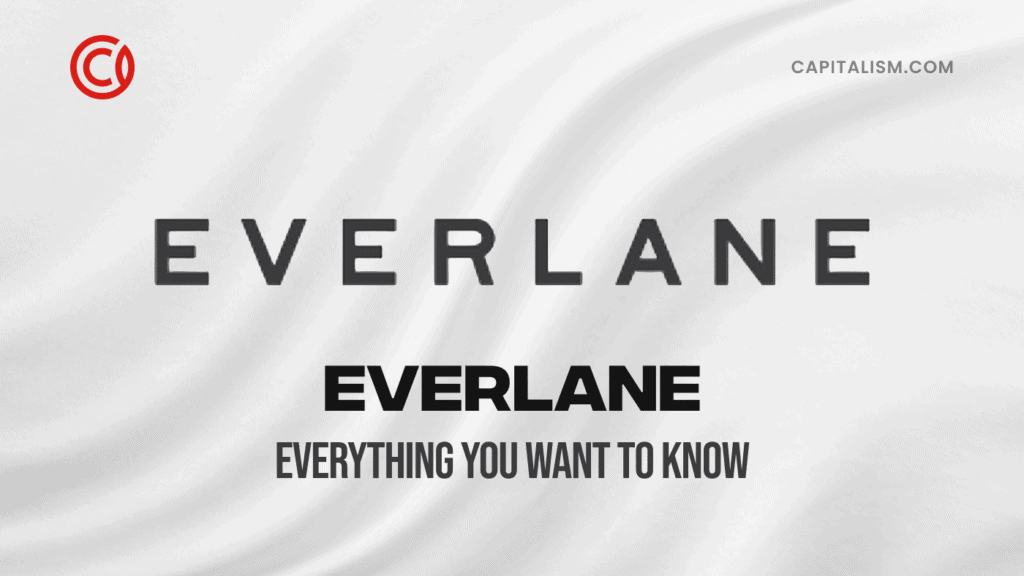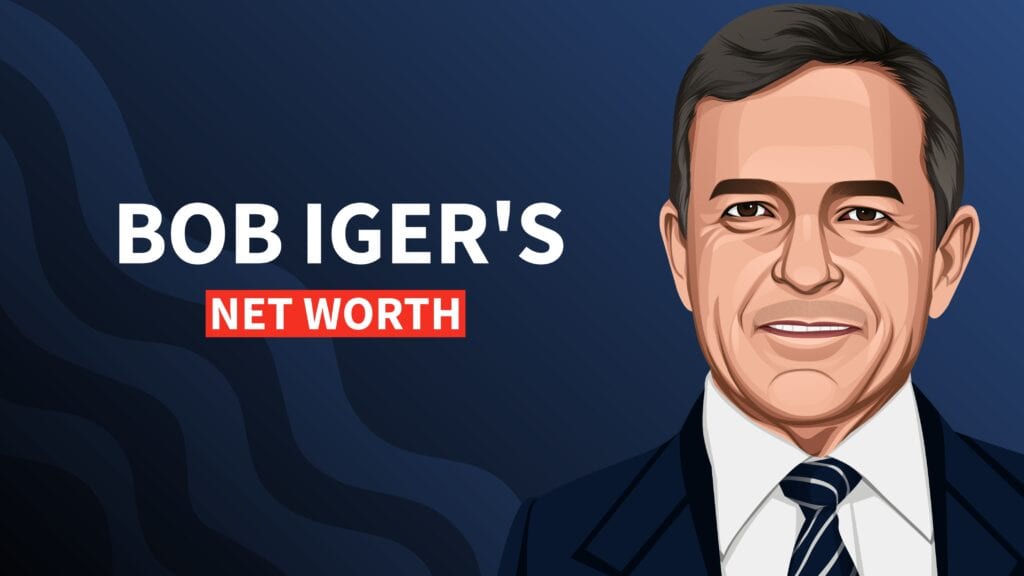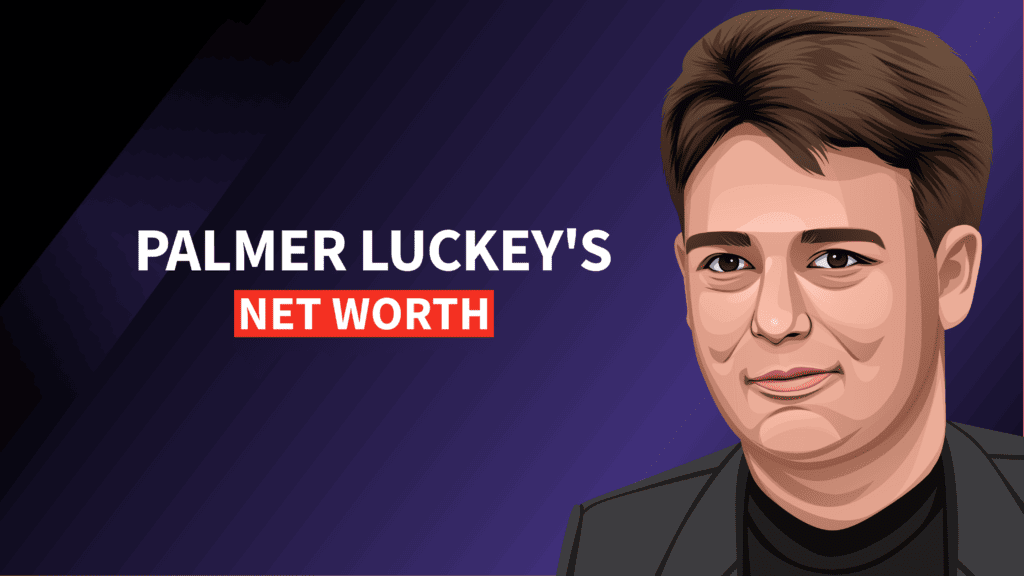To think, it all began from a dormitory room at Harvard. The proper birthing place of the social network, Facebook. It was February 2004, when Mark Zuckerberg put his name on the map and began building his $71 billion net worth. Facebook then, was not what we know today, instead, it was the exact opposite, it was private. Only chosen campuses were allowed access, and users were invited via an email link.
At twenty-six years of age, TIME magazine named Zuckerberg as "Person of the Year." His ability to connect people worldwide through the site, Facebook earned him this title. That same year Mark Zuckerberg was the youngest billionaire, according to Forbes magazine. He reportedly made $4 billion by 2010, at an age when the rest of the population are beginning their careers.
"The social network created by Mark connected almost every tenth person on the planet,"– stated TIME magazine's editor-in-chief, Richard Stengel.
Then, in what felt like a blink of an eye, everyone was talking about Facebook, reaching a billion users by 2012, Zuckerberg took Facebook from private to public.
Since then, Zuckerberg has become an American Technology Entrepreneur and Philanthropist. He has undoubtedly made his Mark (no pun intended) on digital history, but who is Mark Zuckerberg?
Who is Mark Zuckerberg?
Who is the face behind Facebook? We know him as Mark Zuckerberg, but how did he become who we know now?
A Brief History of Young Zuckerberg
Mark Elliot Zuckerberg was born on May 14th, 1984. Raised in New York, he is the only son of four children and the second oldest out of his siblings. Raised by well-educated parents, his father a dentist and mother, a psychiatrist.
His parents were supportive, too, especially his father. At a young age, Zuckerberg took a liking to programming software and got his first PC Quantex 486DX on the Intel 486 and learned Atari BASIC programming too. Putting his interest in practice, Mark created a chat messenger program called "ZuckNet." Zuckerberg's father implemented "ZuckNet's" messenger into his neighboring dentist practice to their home. They sent messages back and forth through computers.
As Mark grew older, so did his love for video games and programming. His father invested in a computer tutor to continue supporting Mark's hobby. By high school, Mark wrote a Synapse for MP3- playlists using an Artificially Intelligent media player. A media player that studied playlist preferences and predicted the next song to play.
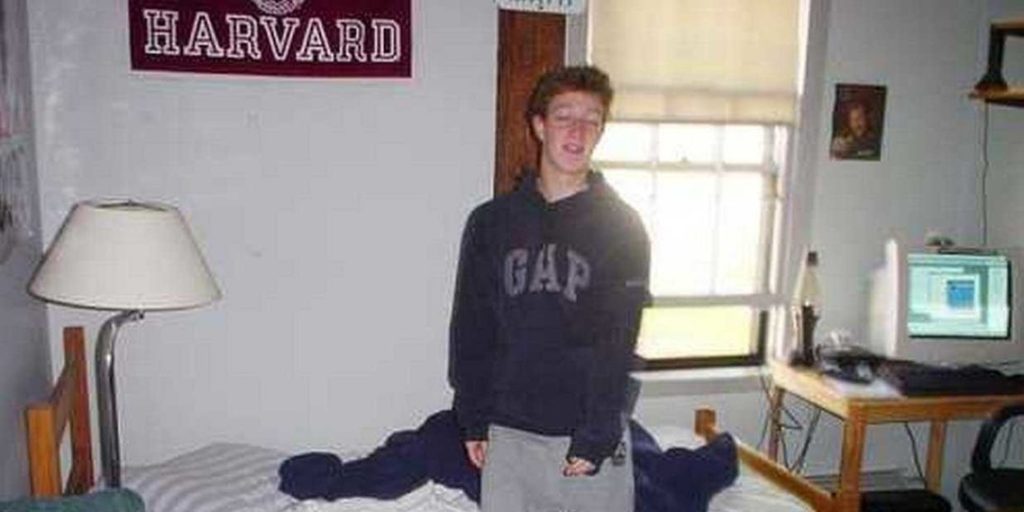 Pictured: Zukerberg in his Harvard college dorm room.
Pictured: Zukerberg in his Harvard college dorm room.
Zuckerbergs Roadmap to Facebook
Zuckerberg's AI Synapses garnered the attention of Microsoft and AOL. Both companies sought to buy his work, but Mark turned them both down. Instead, he went on to continue his studies after high school, attending a private academy. His studies included science and literature. Although he graduated, his passion for programming remained.
After graduating from the Academy, Zuckerberg attended Harvard University. There, he gained notoriety as a software engineer. In his second year, Mark created his first program for students, "CourseMatch." A software that helped Harvard students choose subjects based on other user lists.
Zuckerberg's second student software was more social. In 2003, Mark hacked the Harvard database from his dorm room for student profile pictures. The program "FaceMash" selected two female images side-by-side. Users of "FaceMash" would vote who they thought was "hotter.”.
It was an instant hit, and students flocked to the site. So much so, that the site exceeded its limit and crashed the server. This brought attention to the Harvard committee who reprimanded Zuckerberg for hacking into their system. This would be his first of other scandals to come, but it did not deter him from his passion for programming.
Other students found his work admirable, students such as Divya Narendra and the Winklevoss twins. They asked for him to program a site they were working on and create unique source codes. Zuckerberg agreed` and helped create "Harvard Connection" (ConnectU.) A social networking site for students to connect with friends and send messages, sound familiar?
That same year, Mark registered his own social networking site, TheFacebook.com. A website for Harvard students to connect with friends and share life updates. Zuckerberg worked with a partner, Eduardo Saverin, who helped Facebook gain in popularity. With the help of a neighbor of Zuckerberg, Darren Moskowitz, they expanded Facebook to other Ivy League schools.
Using a URL shared only through email, Facebook grew in popularity. It was then that Zuckerberg began looking for investors to keep up with its growth. One of the co-founders of PayPal, Peter Thiel, was an initial investor in Facebook. He invested $500,000, and soon after, other Silicon Investors followed suit.
Now with investors, Mark provided access to every college and University in the US. The more investors, the more interest Facebook gained. Including that of people outside of educational institutions.
Zuckerberg never intended to open the site to the public. However, he quickly changed his mind once he realized the demand from the public for Facebook was in high pursuit. A website that historically changed the way people connected and communicated.
How Did Facebook Become So Rich?
For Zuckerberg to profit off of Facebook, he needed to monetize the site. He required for other people to have a stake in the social site to earn a living. He, along with his partners opened Facebook with an Initial Public Offering (IPO.) An IPO allows public offerings in a private corporation.
In 2007, Microsoft bought a 1.6% equity stake in Facebook for $240,000.000. A notable event that further accelerated the wealth of Facebook. It was then that Facebook netted $15 billion, a considerable difference from the $200 million it was making yearly.
The partnership between Facebook and Microsoft favored them both. Facebook received monetary gain, and Microsoft advertised exclusively on the social site until 2011. Ultimately, Zuckerberg was starting to grow a real social empire. That would make him unintentionally prosperous.
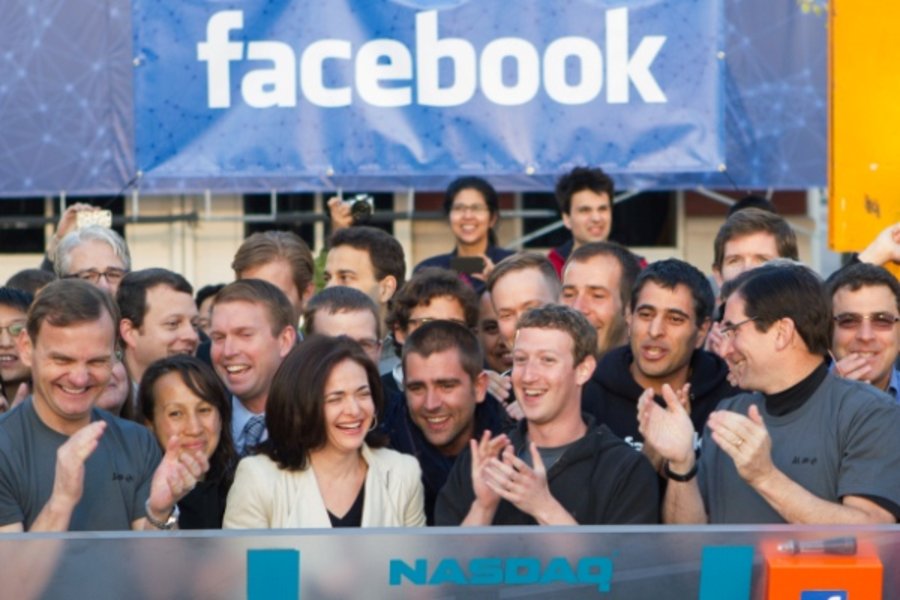
Pictured: Zukerberg at the IPO (Initial Public Offering) of Facebook shares on the NASDAQ.
How Facebook Became Profitable
The popularity of Facebook did not slow down. Its demand by 2013 increased, and by then, Facebook had a net worth of $1.5 million. Facebook began making money through contextual advertising on Facebook pages. It too makes money by the amount of user growth and time spent on site. Further earnings depend on Facebook purchases such as games and apps. Facebook takes a 15% cut for those that host on the site.
The Zuckerberg Social Empire
Although Facebook was thriving, Zuckerberg continued trying to buy other social sites. Under the Facebook umbrella, he bought the mobile photo-sharing app, Instagram in 2014. It is evident today how integrated Facebook and Instagram are and vice versa. Zuckerberg seems to know how to appease different audiences without overdoing it.
That same year he bought the virtual reality hardware, Oculus Rift. He too acquired the instant messaging app, WhatsApp later that year. Zuckerberg invested millions into these companies, furthering the future of Technology.
Zuckerberg has attempted to buy other social apps throughout the years, including Snapchat, with no avail. It is not a matter of if he will acquire more established apps and sites, but when. It seems like he is always strategizing his next move.
This continues to benefit him financially. As of 2015, Mark listed seventh place as one of the wealthiest people in the world. Then, he had a net worth of $40.3 billion. Mark Zuckerberg is amongst the ten most prosperous people on earth. A self-made billionaire that got recognition in 2016 by Forbes Magazine. He earned the title of one of the most influential people in the world. But with power, comes controversy.
The Zuckerberg Scandals
Throughout Zuckerberg's career, he has had some tribulation. Including, the scandals at Harvard and the alleged betrayal. Not to mention his protest against the 2009 movie "The Social Network." Zuckerberg never gave up on pushing the envelope and making the web more connected. It did come at a cost, through users personal information, but this time, there was a consequence.
Do not let his awkward demeanor fool you, or his hoodie and sweats. Mark is a serious businessman through and through. Yet, his successes have incurred some turbulence. His decision to keep Facebook a "free" site for its users have not come without scrutiny. With that said, Zuckerberg had to find other forms of profit for the site.
Instead of taking a financial transaction from users, Facebook exchanged personal information. Not a new method in Digital Marketing, but one that caused a heightened awareness. Other sites, including Google, were already using personal data. Yet it wasn't until Facebook used this marketing concept that caused an upset.
Facebook is marketed as a personal space to share your thoughts, feelings, and life. Therefore, the idea of your personal information used for Marketing was less than welcomed. User information includes profile status, activities, and interests that people share on the site.
The information is then shared amongst advertisers who can then target a more defined audience. Zuckerberg not only included this on the website but offsite too. Allowing websites to use coding to target audiences who sign-in, or are signed in from Facebook.
At first, it seemed like the access through Facebook on a website was for convenience. In actuality, users were giving permission to websites without knowing it outright. However, they did agree to it when they signed up to Facebook. It is within the user agreement under the fine print that no one takes the time to read.
That said, the personal data wormhole grew. In April 2018, Zuckerberg found himself in more hot water over this issue. Appearing before the United States Senate Committee on Commerce, Science, and Transportation. Zuckerberg testified on Facebook's behalf. He spoke on the concern over Facebook's use of personal data for political advertising. A scandal that became known as the Facebook–Cambridge Analytica data breach.
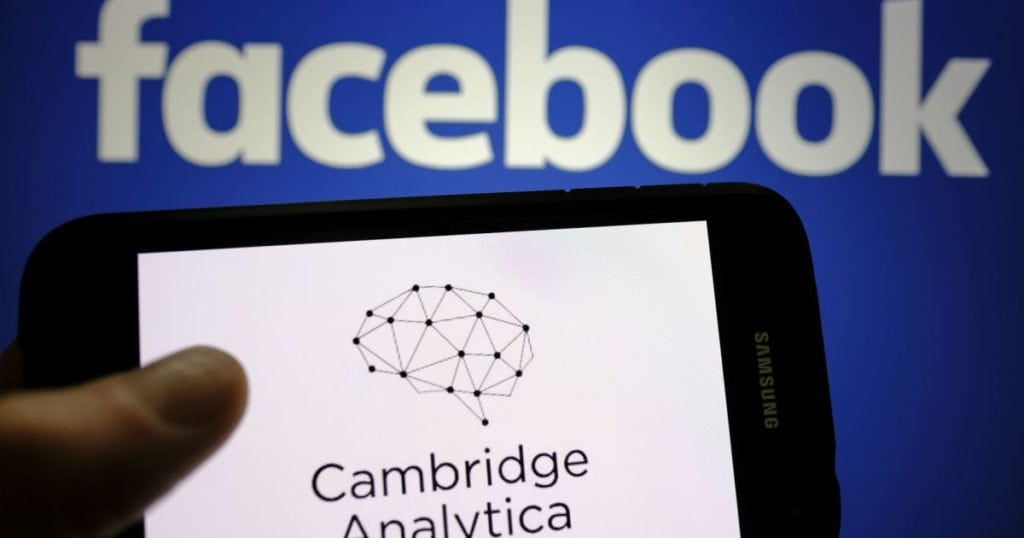
The Facebook–Cambridge Analytica Data Scandal
The Facebook–Cambridge Analytica data scandal became a political scandal. Indicating that Cambridge Analytica collected million's of Facebook users information for advertising. A breach that users were not all too happy about. Discovery included user data for political campaigns without consent.
Although the scandal came to light in 2018, it had been transpiring since 2015. The concern grew when users realized their personal information had been leaked for three years. At first, the breached data used for political advertising purposes was not taken seriously. Since the news source was first reported by an ex-Cambridge Analytica employee.
At first, reporters disregarded his report until he became an anonymous source. It was only then that the article ended up going viral. Still, there were skeptics, but it got enough attention for people to investigate. Users began questioning Facebook's ethical practices and called for a tighter ordinance of tech companies' use of data. The scandal also caused Facebook stocks' to plummet.
The Facebook–Cambridge Analytica data scandal incited public discussion. Conversations on ethical standards for social media companies, civic consulting organizations, and politicians.
The scandal generated consumer advocates for better online media protection and privacy protection. Zuckerberg publicly apologized and reminded people of their "right of access." He encouraged those living in the US, to educated themselves about the five Federal Laws. Laws that protect a person's right of access to personal information.
Even with an apology, there were still eighty-seven million Facebook users who had their data breached. So you can imagine that many users took to Facebook and stated that they were leaving the site. A 2018 study by Pew Research Center shared that 44% of Facebook users between the ages of eighteen to twenty-nine deleted their Facebook mobile app. Of the eighty-seven million users whose data was breached, 382,800 people decided to rid Facebook from their lives.
Although that does not seem like a lot of users, after this scandal, 74% of users of all ages took a break, changed their settings, or deleted Facebook.
Studies conducted by the same company show that Facebook is on a decline with teens. Social sites like YouTube, Instagram, and Snapchat have taken their attention. Even though Facebook's popularity has shifted, Zuckerberg has secured his social throne with Instagram.
Thus, as long as Zuckerberg is at the head of the table, Facebook essentially owns Instagram. Even though he agreed upon the acquisition to keep them separate. Zuckerberg has integrated the two sites. This is the same for the messaging app, WhatsApp.
Therefore, Zuckerberg is always going to come out ahead. He knows when to acquire social sites and apps. For example, he was criticized for purchasing Instagram for a billion dollars. Some even said that he would lose money buying such a small app, which it was, then. Today, Instagram is a household name. It has become a new hub for future social-savvy adults who snap pictures and share them on Instagram.
Mark Zuckerberg, the Man
Zuckerberg has left an imprint on Technological history. But who is he? His story?
Mark may have had a lot of public scandals with his yearning to advance the Internet. However, he is also a Philanthropist, a side of him, not too many people know.
In 2010, Zuckerberg donated $100 million to save the Newark Public School system in New Jersey. That same year, Mark signed the "Giving Pledge." A promise to donate at least fifty percent of his wealth to charity throughout his lifetime. He also encouraged others to take the pledge with him, including other celebrities.
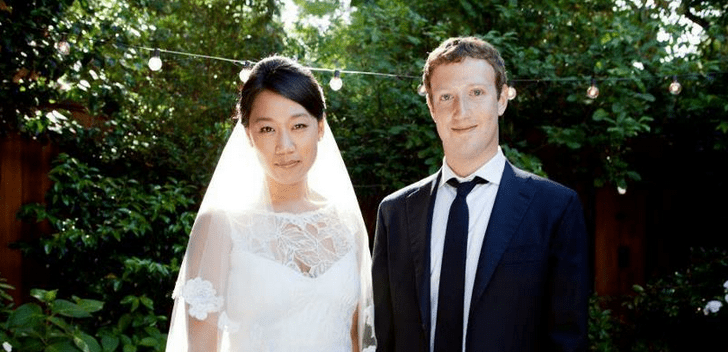
His personal life flourished as well. Zuckerberg married his long-time Harvard girlfriend of nine-years in 2012. Now his wife, Priscilla Chan, studied and graduated from Harvard as a medical student. In fact, the day of the wedding their one-hundred guests thought they were going to her graduation celebration. To the surprise of the attendees, it was their wedding day, exactly one day after the Facebook IPO.
After three years of wedded bliss, they welcomed their first child, a baby girl named Maxima (Max.) Between the wedding and birth of Max, Zuckerberg made the Fortune 500 list. It would be his first time, he too became the youngest CEO in 2013 at the age of twenty-eight.
After their first born, they took a pledge together, announcing on Mark's Facebook page through an open letter to their daughter, they pledged to donate ninety-nine percent of their Facebook earnings to charity for the rest of their lives.
But their generosity does not stop there. In 2016, the company that holds their Facebook shares, the Chan Zuckerberg Initiative (CZI), invested $3 million for a decade of scientific research.
Together, they co-founded a San Francisco-based autonomous research center, the Chan Zuckerberg Biohub. A center that unites engineers, computer scientists, biologists, chemists, and others in the scientific society. Through their foundation, Zuckerberg and Chan formed a partnership between various Universities such as Stanford, University of California, San Francisco and Berkeley. Biohub will secure initial funding of $600 million over ten years.
On a personal level, Zuckerberg has taken on yearly goals to achieve. Some goals include learning to speak Mandarin, reading a wide range of books, and eating meat he killed himself. Personal challenges that many people do not complete in a lifetime, let alone a year.
In March 2017, Zuckerberg and Chan announced the birth of their second daughter, August, who was born on August 28th, 2017. Not only was Zuckerberg continually growing his net worth, but his family too.
What is Mark Zuckerberg's Net Worth?
In 2019, Mark Zuckerberg is now thirty-four-years-old. He continues to advance Technology and is still a Philanthropist. He is the second CEO to earn the most in a day after the CEO of Amazon, Jeff Bezos. Bezo's is the richest man in the world even surpassing Bill Gates, and his net worth keeps rising.
However, second to Bezos is Zuckerberg, who earns $6 million per day. As of 2018, Zuckerberg is the fifth richest person in the world with a net worth of $71 billion and growing.
Who knows which Technology he will invest in next or acquire. We are not even sure what his next steps are with his current online endeavors. Zuckerberg tends to stay tight-lipped about his projects and future projections.
With that said, he does hold a conference yearly known as Facebook F8. F8 is an annual conference held by Facebook, intended for developers and entrepreneurs who institute products and services around Facebook. It is there that the world gets to see the very private Zuckerberg who takes the stage as an advocate for a connected world.
Often a walking oxymoron, Zuckerberg is a very private family man, yet he seeks to connect the world through the Internet, a very public place.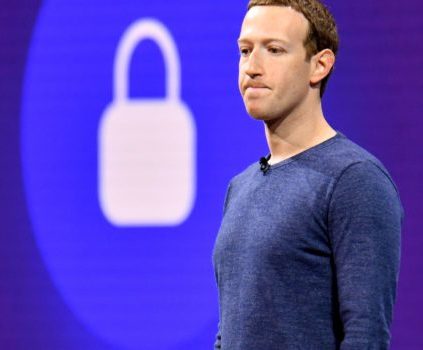
Using people's personal data to keep social sites profitable. Zuckerberg is known for saying that he wants to keep Facebook free. Thus far, Zuckerberg has managed to keep the website free by profiting off of user information. Not a new tactic, but one that people have become more aware of thanks to Zuckerberg.
Mark's intent to bring the world closer has been useful. Not only can users' talk with family and friends across the globe, but with like-minded strangers too. The types of advertisements we see on Facebook is through adopting Zuckerberg's coding and showing us our preferences from other sites we have browsed.
Zuckerberg has changed the way we use the Internet and has helped customize it in a way that better serves us. Businesses have conformed to social advertising garnering more leads than through traditional marketing.
People can say what they want about Zuckerberg, but he is a leader in transforming the way the world interacts. There will always be kinks to work out and obstacles to overcome. But like with any leader, Zuckerberg has shown he can and will succeed.
"By giving people the power to share, we're making the world more transparent." - Mark Zuckerberg
A man of many talents, Zuckerberg has proven that a businessman does not need to wear suits to be impressive. Or that a Philanthropist does not generate as much attention as scandals do. But more importantly, that a ten-year-old kid who follows their dream can leave their mark on this world (pun intended.)


